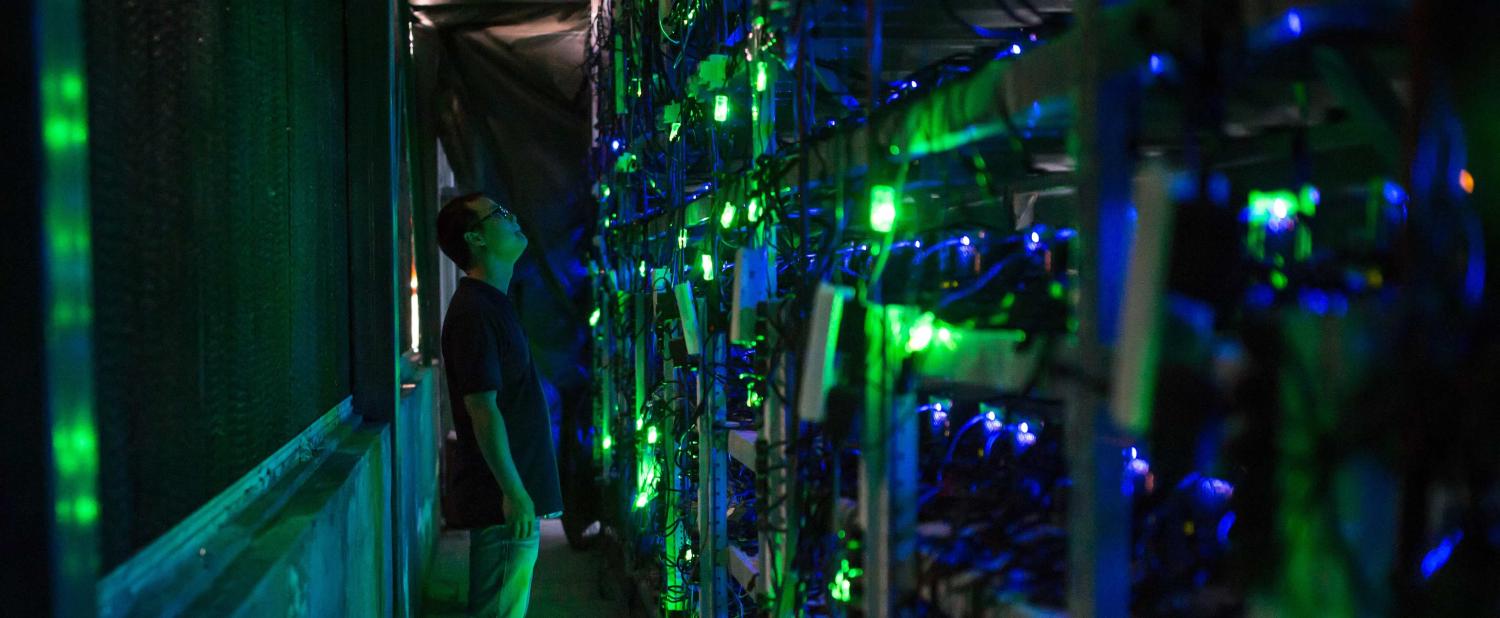- Macau began a period of public consultations on a new cybersecurity law in early December. The controversial new law will include real-name registration for SIM cards, require internet service providers to retain customer data for one year, and dramatically increase the powers of police to monitor online traffic.
- Are Bitcoin troughs caused by Chinese New Year? Some analysts think regular dips in Bitcoin values every February owe more to the nature of the holiday spending habits of Chinese consumers than the volatility of the currency itself.
- Pi Pay, Cambodia's first successful mobile wallet, is seeking to expand, building on its recent partnership with Chinese giant AliPay.
- China Telecom Global (CTG) has become Nepal's second internet infrastructure provider, framing the project as part of the Belt and Road Initiative and announcing replication in Pakistan, Laos and Thailand.
- To improve the state of internet in the Philippines, President Rodrigo Duterte has invited China Telecom Corp, a subsidiary of CTG, to become the country's third major telecommunications provider, despite lawmakers expressing concerns about cybersecurity.
- To the consternation of human rights groups, Vietnam's state media last month reported that a Vietnamese general has given a 10,000-strong brigade, dubbed 'Force 47', the job of fighting 'wrongful views' spreading on the internet. Details of Force 47 are scarce, but observers suggest the unit will be used to smear activists online.
- Indonesia's Information and Communications Technology Ministry is set to implement a new US$14 million internet censorship system this month. The new system will automatically block pornography and other content deemed unsuitable by the government. The system began its trial run in late December and reportedly crawled 1.2 million sites over one weekend, detecting 120,000 with negative content.
- Earlier this month an Indonesian teen was jailed for 18 months for insulting President Joko Widodo on Facebook. His arrest follows two others in the last six months for comments posted on social media, one criticising Islam and another making defamatory comments about Widodo's wife.
- Online sleuths have tracked a senior Thai general's Rolex collection. The Thai junta's number two, Prawit Wongsuwan, has been photographed with 25 different luxury watches, worth a total of US$1.2 million, since the 2014 coup.
- The Indonesian Internet Service Providers Association launched its 2018 Miss Internet Indonesia Pageant earlier this month. The pageant, combining a conventional beauty pageant with elements of tech and internet literacy, intends to foster smart and creative internet usage, and this is the second time it has been held nationally.
A video of a father undertaking a dangerous bridge crossing with his five-year-old son has gone viral in Malaysia, prompting a scandal over funding for local repairs:
Digital Asia links: Bitcoin and Chinese New Year, ‘wrongful views’, mobile wallets, and more
Links on digital developments across Asia.

A Bitcoin farm in Sichuan, China, August 2017 (Photo: Paul Ratje/Getty)
Published 19 Jan 2018
Follow @DrSarahLogan
You may also be interested in
Sold as a celebration of European unity in diversity, the euro is today experienced as an instrument of brutal homogenisation.
In her first major foreign policy speech, Jacinda Ardern successfully juggled the diverse interests of her three-party government.